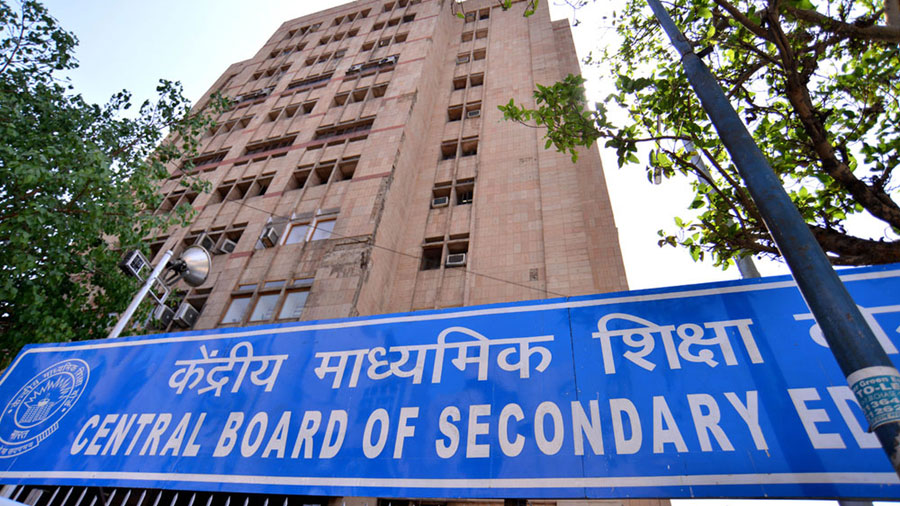The Central Board of Secondary Education will create banks of questions for Classes IX to XII and make them public so that the pupils can test themselves against these and assess their progress with their teachers’ help.
The idea — a first for the board — is to move away from rote learning and encourage analytical learning by promoting the right kind of questions, academics said.
Each of the 20,000 affiliated schools is expected to send the board sets of questions in each major subject for students of Classes IX to XII. The board will select the best questions for each subject and class and put them on its website and also share them with the schools.
Board chairperson Anita Karwal issued a circular to all the affiliated schools earlier this month, seeking questions.
“The board expects questions that will prepare the students to be reflective,” said Ameeta Mulla Wattal, principal of Springdales School here.
Karwal’s circular said: “The board has decided to prepare a highly curated and user-friendly question bank on an IT platform that will not only be useful for students to enhance their learning process but also to teachers for incorporating in their pedagogy and assessments.”
Currently, the board sets up panels every year to prepare questions for its examinations. Many have complained that most of the questions invite the students to memorise and reproduce school texts.
Usha Ram, former principal of the Laxman Public School, said the board’s latest initiative would be particularly helpful for schools that lack the teachers and personnel for imparting project-based, hands-on education.
She said: “The board will select questions that encourage the students to use their analytical skills.”
A CBSE official said no other school board in the country has question banks of the range and width envisaged under the plan.
The national board plans several reforms over the next five years, starting with internal assessment in subjects like mathematics and political science in Class XII from next year, in keeping with the suggestions of an exam reforms committee.
It also plans to form “hubs of learning” — schools that collaborate for improvement.











